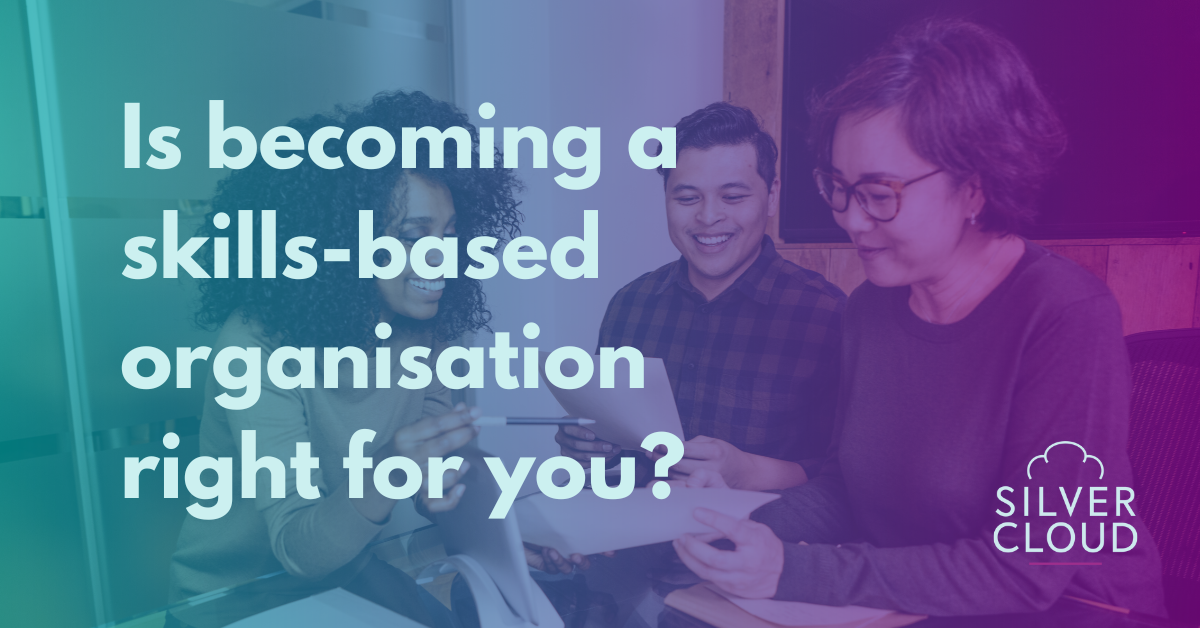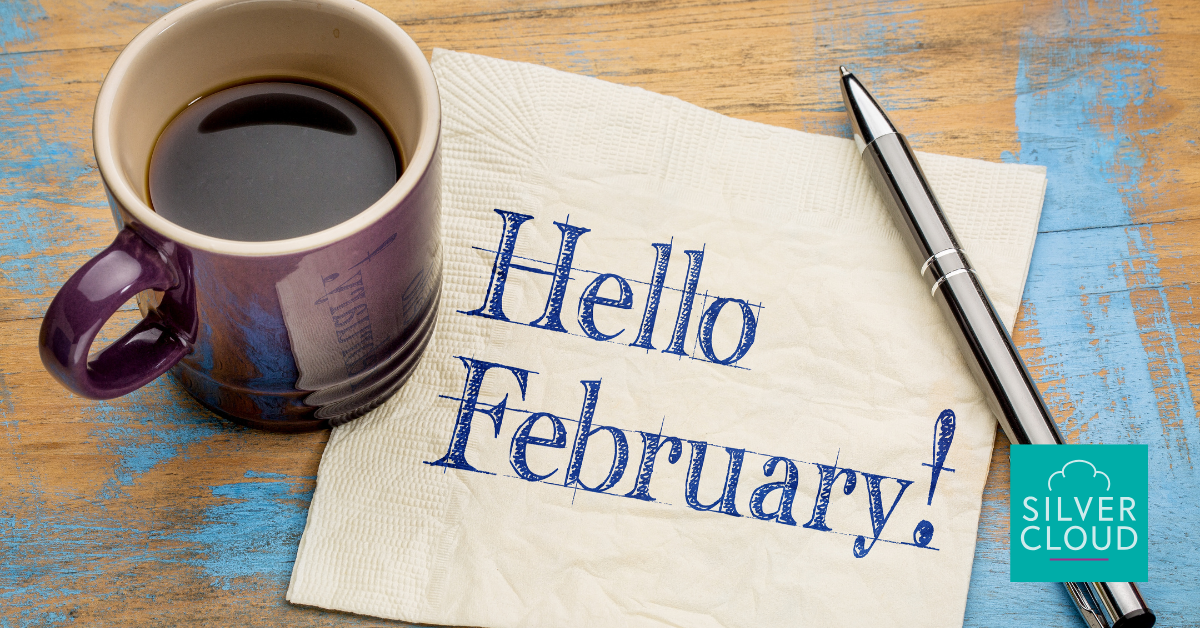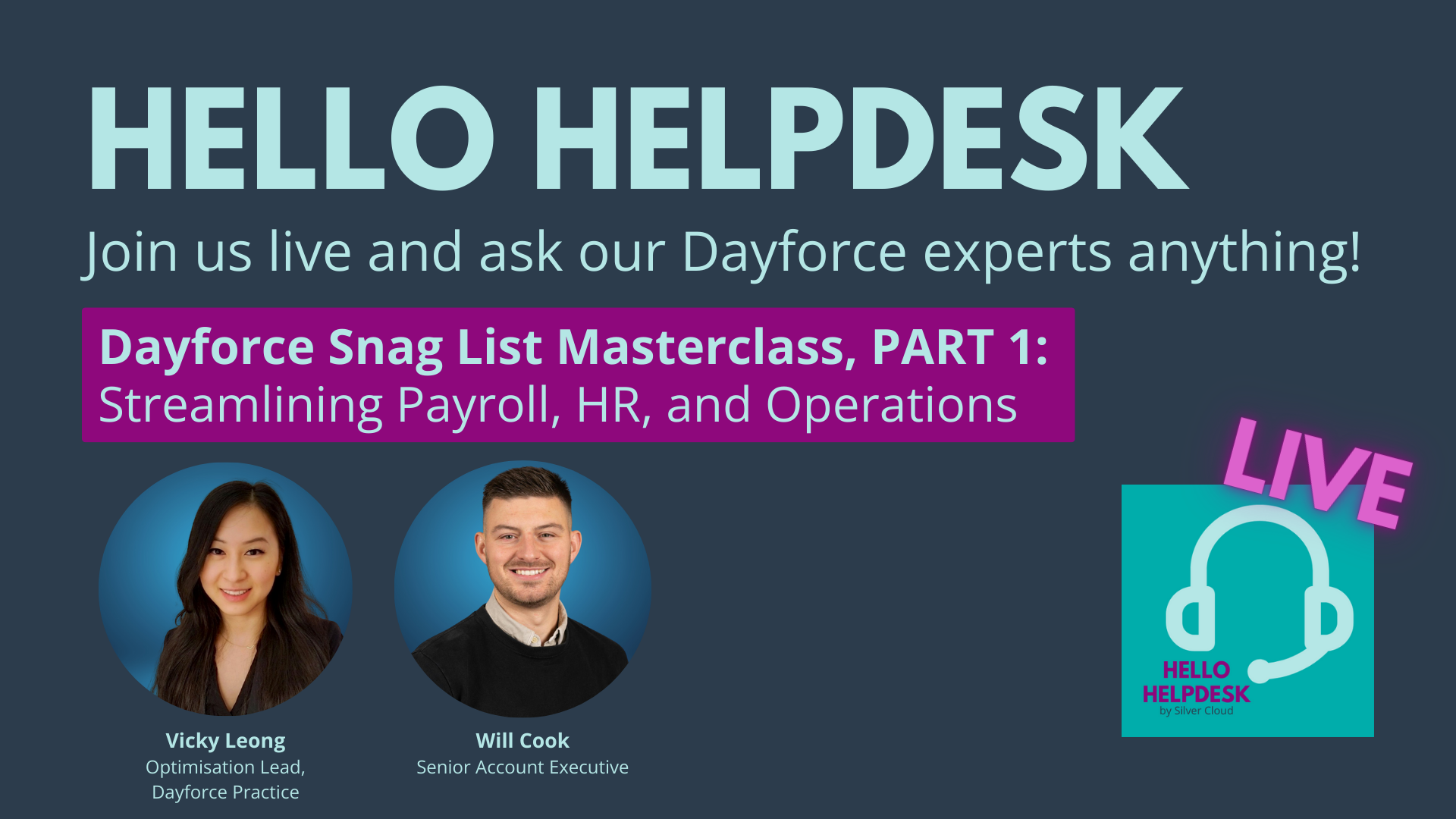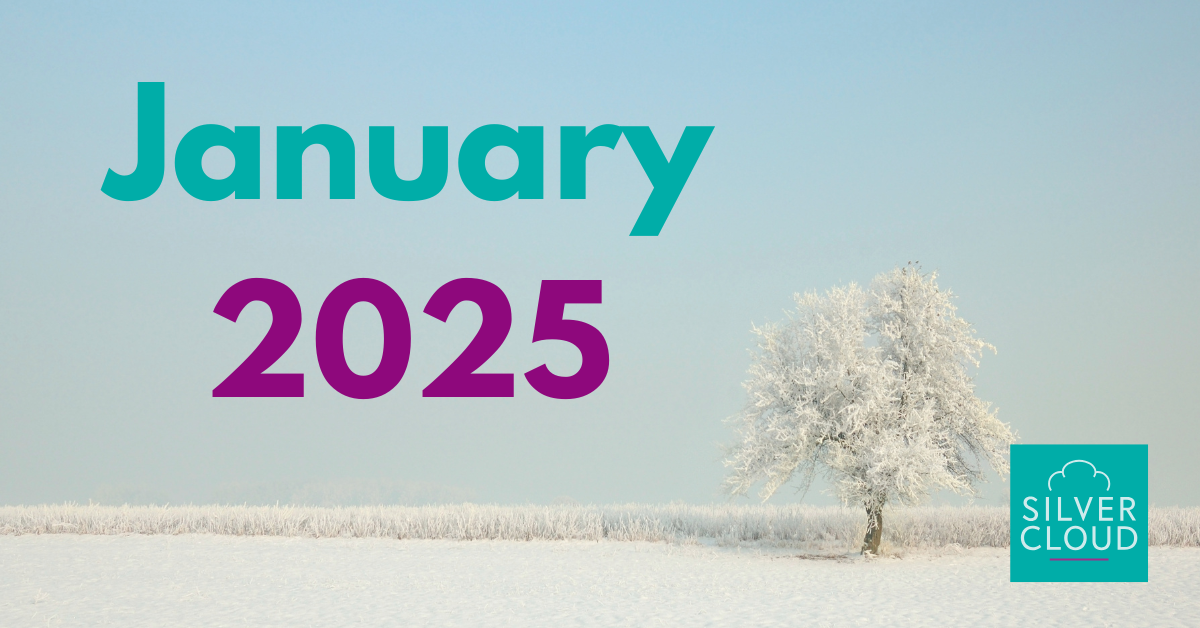How AI for HR gives businesses greater resilience
by Silver Cloud
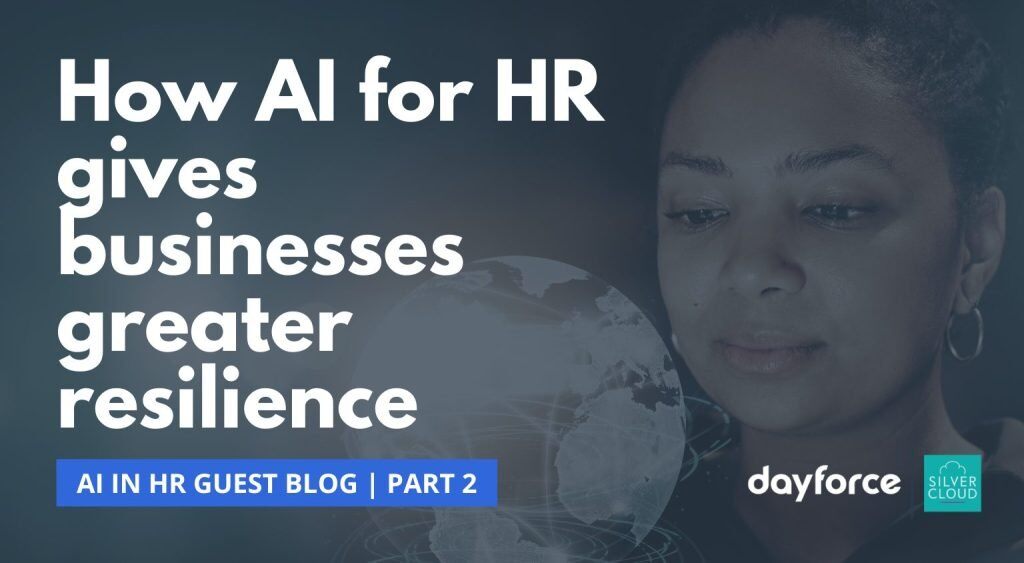
Welcome to the second of our 3-part AI in HR blog series, in partnership with Dayforce.
AI for HR is swiftly being embedded into most forward-thinking and powerful People Tech platforms.
And there are endless articles lauding its ability to save you time or manage your calendar or create documents. But what most businesses are overlooking is AI’s impact on resilience.
AI-powered HR software can give you the ability to use more data-driven decision-making. By analysing the large volumes of employee data stored in it, AI can help identify trends, patterns and potential areas of concern that would be difficult for your HR team to spot on its own. Using predictive analytics, HR leaders can predict challenges, such as attrition risk, skills gaps, or workforce imbalances, allowing them to proactively address these issues and make informed decisions to strengthen an organisation's resilience.
Here are some of the most impactful ways AI in people tech can make your business more resilient:
AI for talent management and workforce planning
A 2023 Executive Survey by Dayforce on the power of mobilising the boundless workforce showed that “Executives are using advanced technologies to reorient their talent toward higher-value work: 80% of respondents say their organisations use AI and machine learning to replace repetitive tasks.” Something we see echoed in our Digital Maturity Model.
Talent management and workforce planning are essential parts of keeping an organisation adaptable to change. As your team grows or markets change, you’ll need your team to reflect the business’ new needs. AI can help with that.
AI for HR can help you see which roles are the most critical for your business to function. And it can help you predict whose skills will be most needed in case of different scenarios, making sure the right people are placed where they need to be during disruption. It can also help you understand where there might be skills gaps that need attention.
On top of making sure your team is fit for the future, your employees will, naturally, want to grow and develop their skills. In fact, according to a recent Pulse of Talent survey, 84% of employees said having a clear career path makes them more loyal to their employer.
Employees also want to use the skills they’ve developed to support the business. Nearly half (49%) of respondents said they want to contribute skills to new projects from within their current role. This is followed by 43% who are interested in moving into a new role in a different department or team. And 35% said they would like to change career paths within the company.
Where AI can help here is by helping to map out the roles and competencies people are in and creating a path for them to grow which aligns with company goals. Something which would take someone in your team a fair amount of time and effort. And keeping your employees happy and loyal to the company can be a great protection against the risks of human behaviour when going through turbulent changes.
AI for risk assessments and scenario planning
Risk assessments and scenario planning are a critical part of any organisation’s resiliency strategy. And these need to be updated regularly across all major areas of the business. From an HR perspective, this will largely focus on workforce management and keeping your team functioning.
AI can help you find potential risks to the business whether they be concerning internal trends or a sudden critical skill gap. Artificial intelligence can also help you explore different scenarios, including simulations which gauge the impact of different decisions on the organisation's resilience. This allows HR leaders to make informed choices and create action plans that will help your company navigate likely challenges effectively.
AI for employee well-being and engagement
Retaining existing employees is far, far less expensive than hiring new ones. Which means that your HR team needs to keep existing team members satisfied and well and, when you do hire, provide attractive offers to the right talent. Because of that, it’s crucial to keep an eye on employee sentiment and well-being. AI-driven HR tools can analyse communication channels, send surveys and gather feedback from your employees. From there, you can use these insights to design a unique support system to uplift employee productivity, create a greater sense of belonging and help them feel engaged and valued in your organisation.
Bringing it all together
AI for HR doesn’t have to be a scary thing. Or just a fun add-on. It can be a business-saving feature that you make the most of. Pulling AI tech into your HR practices can boost their agility and make your business more responsive. Using AI for data analysis, workforce planning, employee engagement and risk assessments can build more resilience and adaptability into your workforce, making it capable of thriving in the face of challenges, which are becoming increasingly frequent globally and across all industries.
That said, we know it’s still very new and you’re still exploring what it means for you. While you’re researching, here are a few useful resources for learning more about People Tech AI:
- AI in HR: 10 myths debunked
- Navigating The AI Revolution In HR (forbes.com)
- Digital HR Maturity Model
- Spilling the Tea on HR Tech - Looking forward in HR tech: AI's transformative power, wellness innovations - and celebrity voice technology? (buzzsprout.com) [podcast]
You can also ask the experts. Talk to people in your networking groups, ask people in conferences how they’re using AI and, if you still want a little more guidance, you can always talk to us here at Silver Cloud. We work with lots of different providers and can help you select the best AI-powered HR software for your business. And, once you’ve chosen the right one, we can help you get it set up and rolled out.
